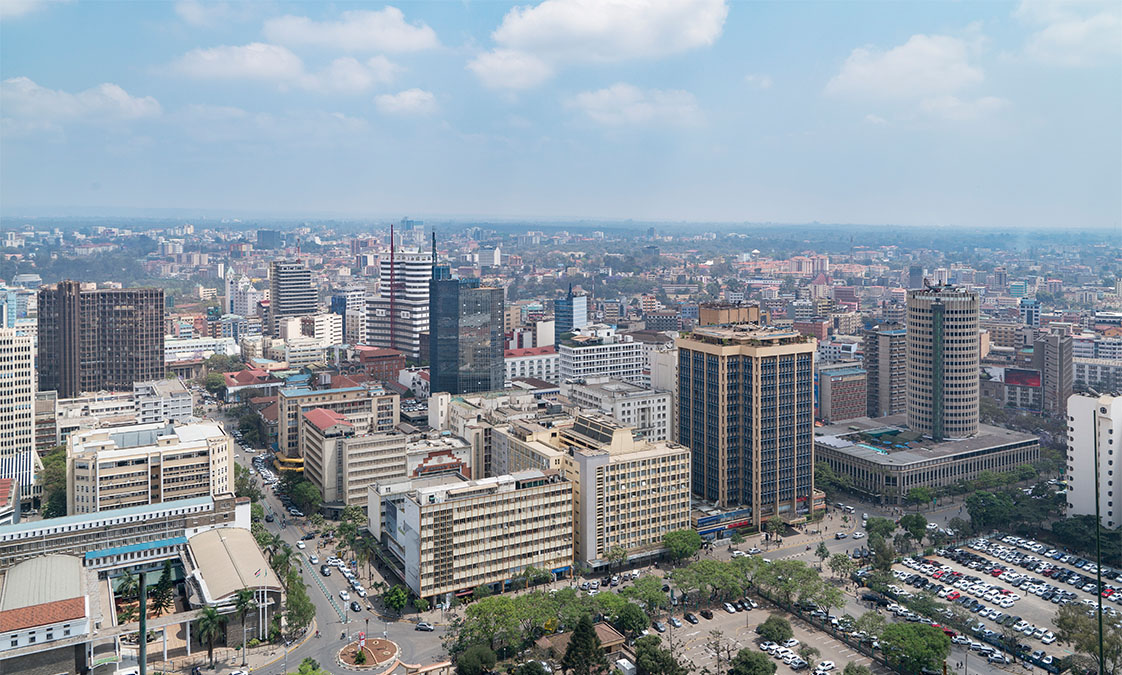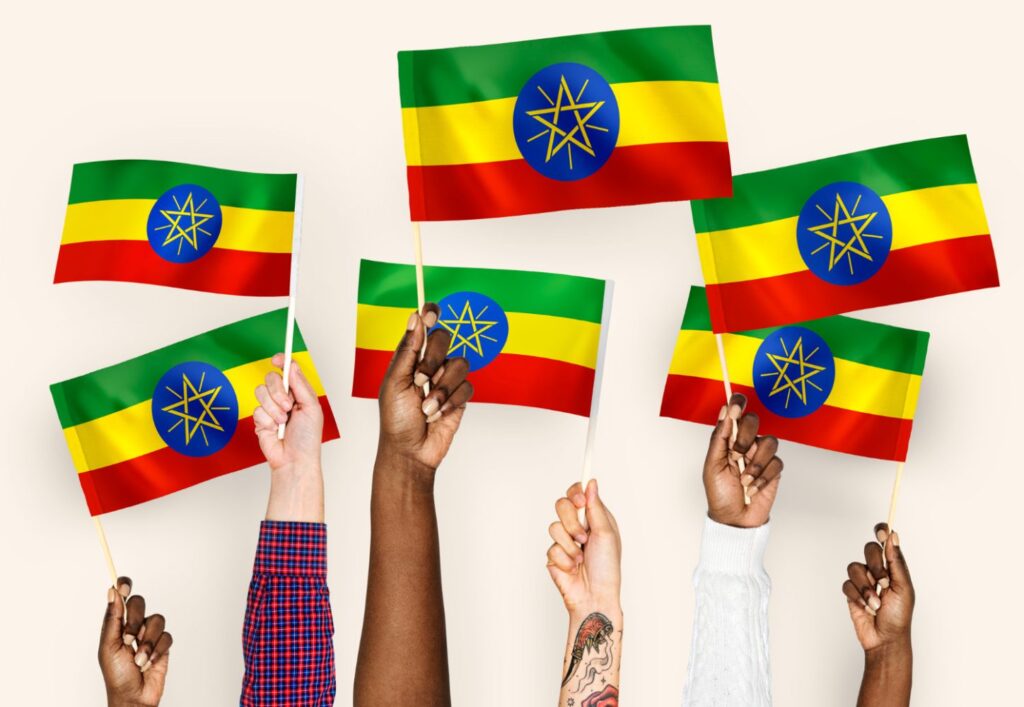Earlier in 2016, FSD Africa partnered with the Cambridge Centre for Alternative Finance (CCAF) and Anjarwalla & Khanna to conduct a regulatory review of different crowdfunding models across Kenya, Tanzania, Uganda and Rwanda. This project is now in its final stages and we look forward to publishing the report in full in December 2016. The CCAF will also be launching the inaugural Africa & Middle East Alternative Finance Report to coincide with this. In anticipation, here are some key findings to whet your appetites.
Crowdfunding is fast taking shape across East Africa – particularly non-financial return based models such as rewards and donations crowdfunding. However, return-based equity and loan-based crowdfunding are really only starting to emerge. The recent Allied Crowds and FSD Africa report highlights these supply-side trends well. Such FinTech models require careful and considerate attention from financial regulators in East Africa to catalyse and harness their potential positive economic and social benefits whilst addressing systemic and consumer risks and challenges.
The upcoming report highlights some key priority regulatory and policy areas necessary for market development in Kenya, Uganda, Rwanda and Tanzania while drawing on insights & experience from the UK, the USA, Malaysia, New Zealand and India.
Some of the key findings include the following:
- There is no bespoke or specific crowdfunding regulation in East Africa or South Africa.
- Non-financial return-based models dominate market activity in East Africa.
- Financial return-based loan and equity models are only in the very earliest stages.
- Loan- and equity-based models dominate total global activity, and account for the majority of market activity in more established markets, while donation- and rewards account for a small percentage of total market activity.
As for next steps, new crowdfunding regulations in East Africa are not recommended at the moment. Instead, other regulator-led, market development initiatives should be considered including:
- A living database of all, existing, regulator-acknowledged platforms in East Africa.
- Regulator engagement opportunities – to bring together the East African crowdfunding industry, practitioners, experts, potential funders and fundraisers.
- Develop a regional regulatory laboratoryr ‘Sandbox’ to guide crowdfunding businesses through the relevant regulatory processes and requirements.
- Regulators should encourage the East African crowdfunding platforms to build a regionally-focused industry association to undertake self-regulation and institute guidelines and principles to foster innovation while protecting investors.
The report goes into a great deal of depth covering markets in East Africa and other more established crowdfunding markets. It also provides useful guidance for crowdfunding platforms that are seeking to establish operations in these countries as well as hopefully encouraging platforms operating elsewhere to consider East Africa as a market to provide their innovative financial crowdfunding services.
We would like to thank the large number of contributors who have made this research possible including a wide array of regulators from the Capital Market Authorities, Central Banks and Communication Authorities of Kenya, Rwanda, Uganda and Tanzania asl as the host of experts, crowdfunding platforms and other policymakers that have generously provided their expertise and insight.
The report will be made freely available in December 2016. Follow up, in-depth workshops led by CCAF will be conducted in January 2017 in Rwanda, Tanzania, Uganda and Kenya with the various regulatory bodies. FSD Africa will stand ready to support regulators beyond this process.




